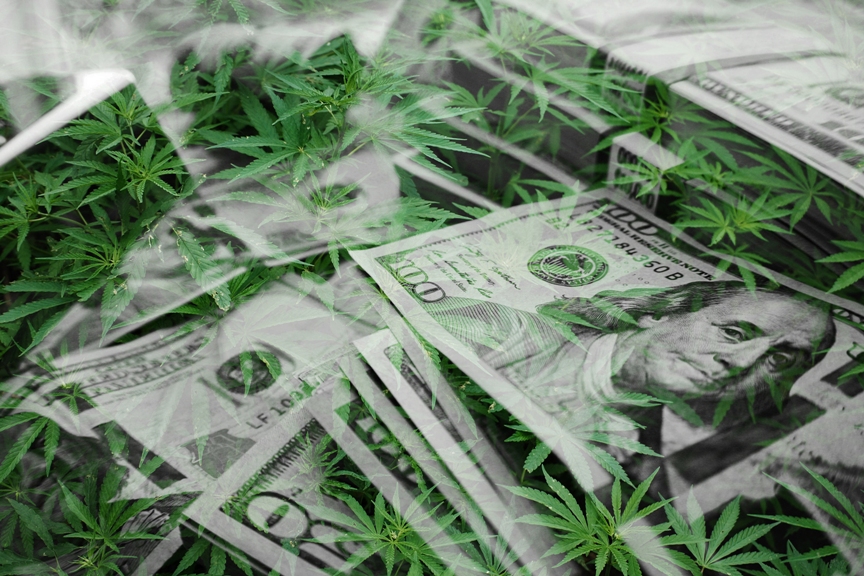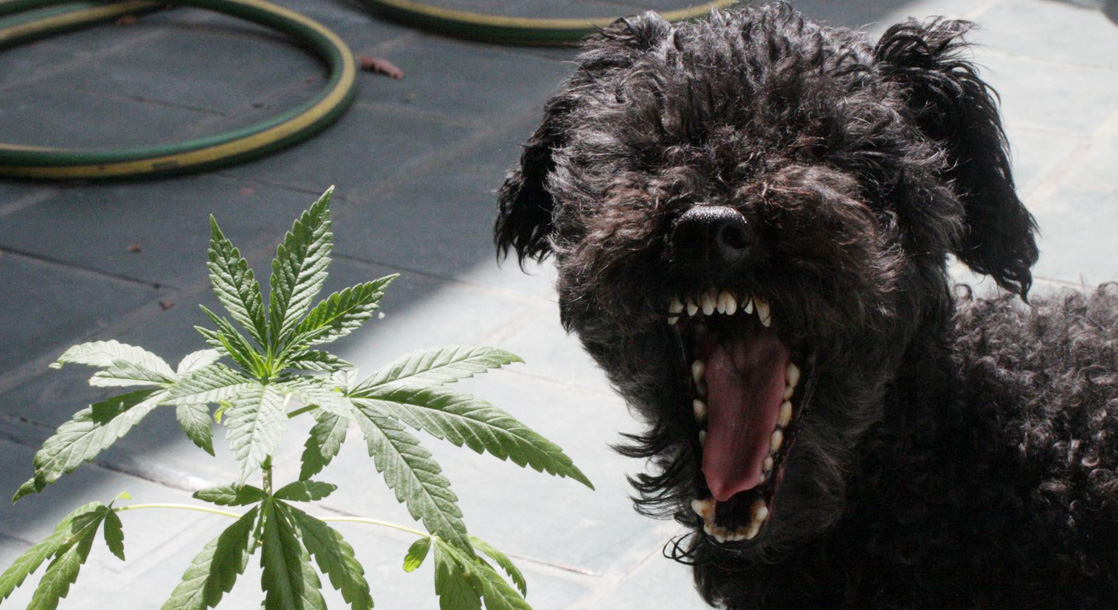Image via
Illinois is at it again. In April, the state sold $132 million worth of weed. That’s the second largest monthly revenue record since legal weed first went on sale in January 2020. Not only are the numbers indicative of the consumption habits of Illinoians, but it’s also a sign that the state’s market is rebounding after a slow start at the beginning of the year.
When breaking down the numbers, 3,102,233 cumulative cannabis items were sold in April. The Illinois Dept. of Financial and Professional Regulation (IDFPR) reports that roughly $91 million in adult-use cannabis sales were made to Illinois residents last month, while around $41 million of sales came from out-of-state visitors.
Medical cannabis is not included in these sales numbers, however. They are reported by a different state agency altogether.
In 2021, Illinois broke its yearly record by amassing 1.4 billion in sales. Legal weed purchases dipped during the first two months of 2022, following December 2021’s record-high of $137,896,859 cannabis sold.
Interestingly, state data found that Illinois generated almost $100 million more in tax revenue from adult-use marijuana sales than from alcohol in 2021. It’s unclear what factors contributed to the slump at the top of the year and April’s sales spike. Perhaps 4/20 (the unofficial international day of weed) could have something to do with it.
Last year’s sales numbers in April also saw a spike compared to the months prior. May’s data were higher, too, but subsequent months of 2021 saw higher numbers in general.
Illinois is using some of the money earned in 2021 to fund equity initiatives in the state. This past December, officials announced that applications were opening for $45 million in new grants — funded solely by cannabis tax money — that will support programs designed to reinvest in communities most harmed by the War on Drugs.
This is the second injection of funding into the Restore, Reinvest, and Renew (R3) program that was implemented via Illinois legalization framework. It states that 25% of cannabis tax dollars are put in the fund and distributed to disadvantaged folks with services such as legal aid, youth development, community re-entry, and financial support.
In July of last year, state officials put $3.5 million in cannabis-generated funds toward efforts to reduce violence through street intervention programs. In addition to providing such funding, Gov. J.B. Pritzker announced in 2020 that his office had processed more than 500,000 expungements and pardons for people with low-level cannabis convictions on their records.











